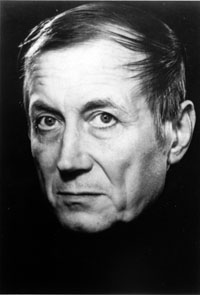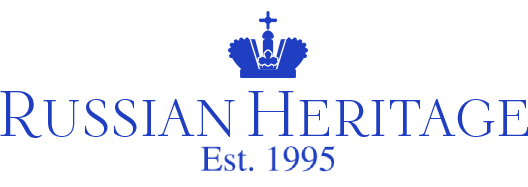“REMEMBERING YEVTUSHENKO”
The Program “Remembering Yevtushenko” sponsored by Russian Heritage will be held on Saturday, October 14 in the Auditorium of the Main Library in St. Petersburg (3745 9th Avenue North) beginning at 4:00 pm. The program is free and open to the public and will be presented in English, with some of Yevtushenko’s poems being read in Russian and English. Local scholars and poets will participate.
RUSSIAN POET YEVGENY YEVTUSHENKO HAD TIES TO TAMPA BAY AREA
Russian poet Yevgeny Yevtushenko, who was known around the world for his poetry against Stalinism and his love poems during the cold war, died in April at the age of 84 in Tulsa, Oklahoma. Yevtushenko traveled extensively, having read his poetry in 94 countries and all 50 states, and his poetry was translated into 72 languages. He appeared in the Tampa Bay area at least nine times, reading his poetry, lecturing, and introducing the films that he produced at USF in Tampa, USFSP, Eckerd College, at the Palladium Theater and the Studio@620, and at local movie theaters.
Yevtushenko had a special interest in the two St. Petersburgs. He read his poetry in St. Petersburg, Russia annually on his birthday in July on a multi-year contract that continued into his 80s. He also helped to establish a link between the poets of St. Petersburg, Russia and St. Petersburg, Florida that resulted in several exchanges of poets and led to the publishing of several anthologies of the poets of the two cities, often in bi-lingual editions. One such volume was Maples and Orange Trees, the poetry of Florida’s poet laureate Peter Meinke, translated into Russian by poets of St. Petersburg, Russia.
In the 1950s and 1960s Yevtushenko achieved almost rock-star status, reading his poetry to packed concert halls and stadiums. His was the voice of protest against the excesses of Stalinism during a period of “thaw” on the cultural scene. His attack on anti-semitism in Russia in the poem “Babi Yar” and his poem “Stalin’s Heirs” earned him the reputation of being a “dissident” poet, and he appeared on the cover of Time Magazine in 1962 and was nominated for a Nobel Prize in Literature in 1963.
Over the next twenty years Yevtushenko was allowed to travel extensively and he was viewed by some as a spokesman for the Soviet government and less of a “dissident”. He saw his role as working within the system, working for change. He welcomed Gorbachev’s reforms of glasnost and perestroika, and was actually elected to the first freely-elected Soviet parliament. With the fall of the Soviet Union he became a supporter of Boris Yeltsin and the new Russian Federation.
Since 1992 he lived in both Russia and the United States, dividing his time between Tulsa, Oklahoma and Moscow. He taught at the University of Tulsa and the City University of New York and New York University, and appeared around the country at colleges and universities. In the Tampa Bay area in the 1990s he was a keynote speaker at the Suncoast Writers’ Conference and appeared at the Times Reading Festival at Eckerd College, and was a part of the “Treasures of the Czars” program in 1995. He read his poetry at the Palladium Theater in 2000 and was featured at the Studio@620 in its inaugural year, 2006.


